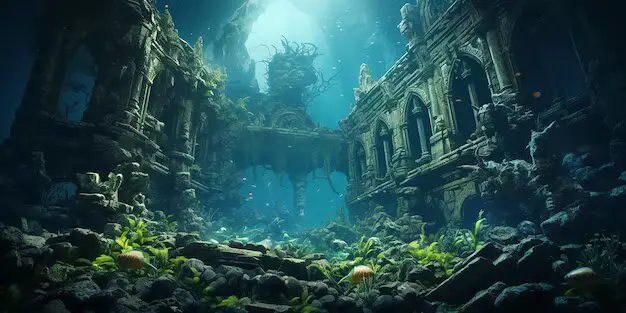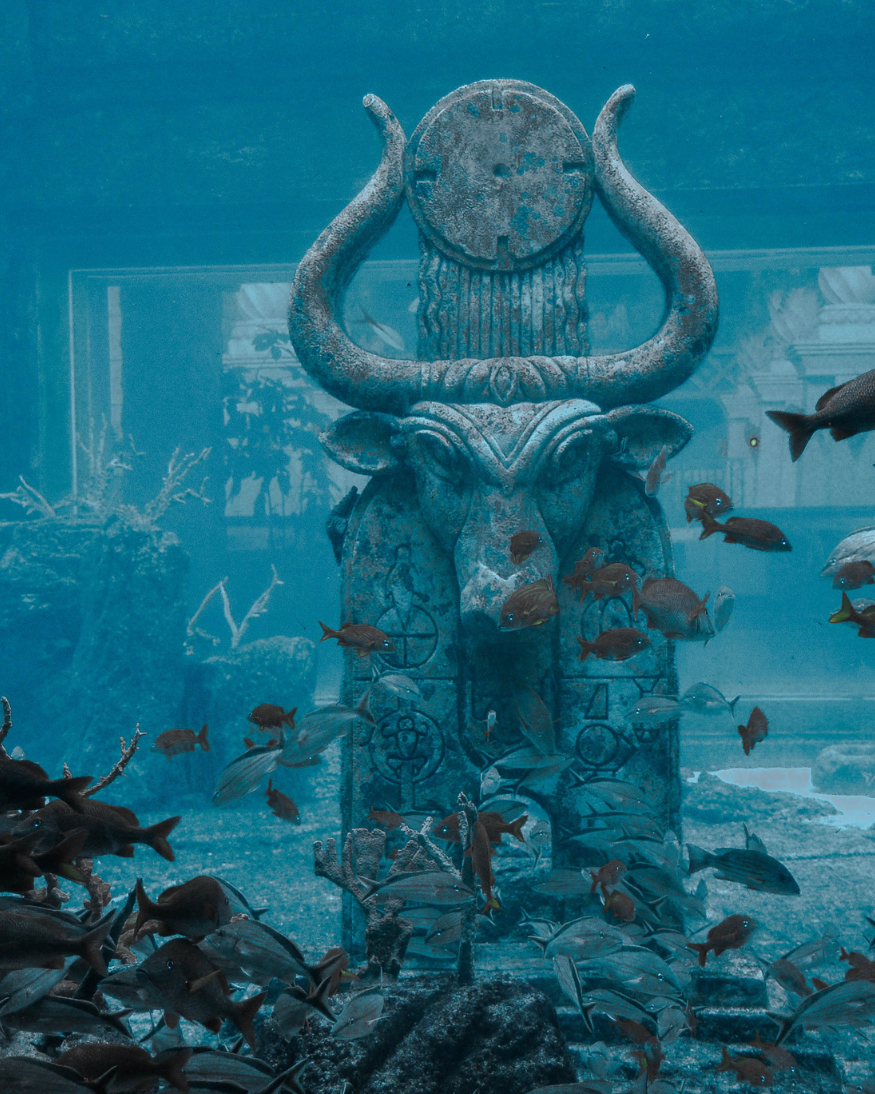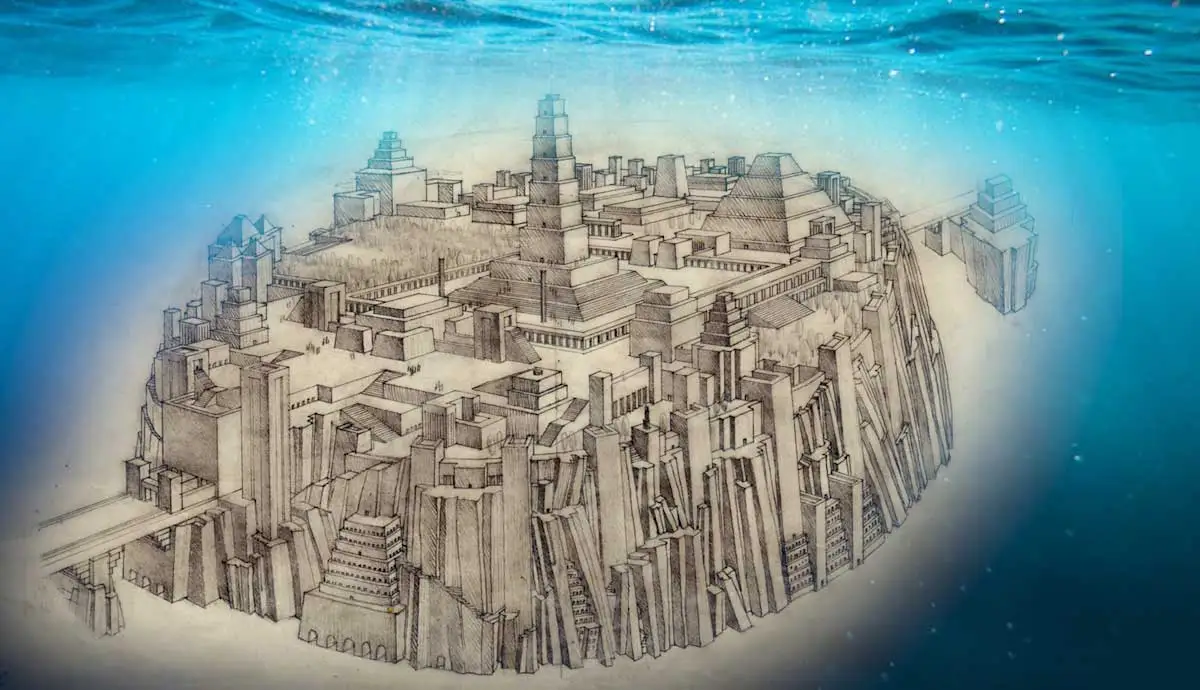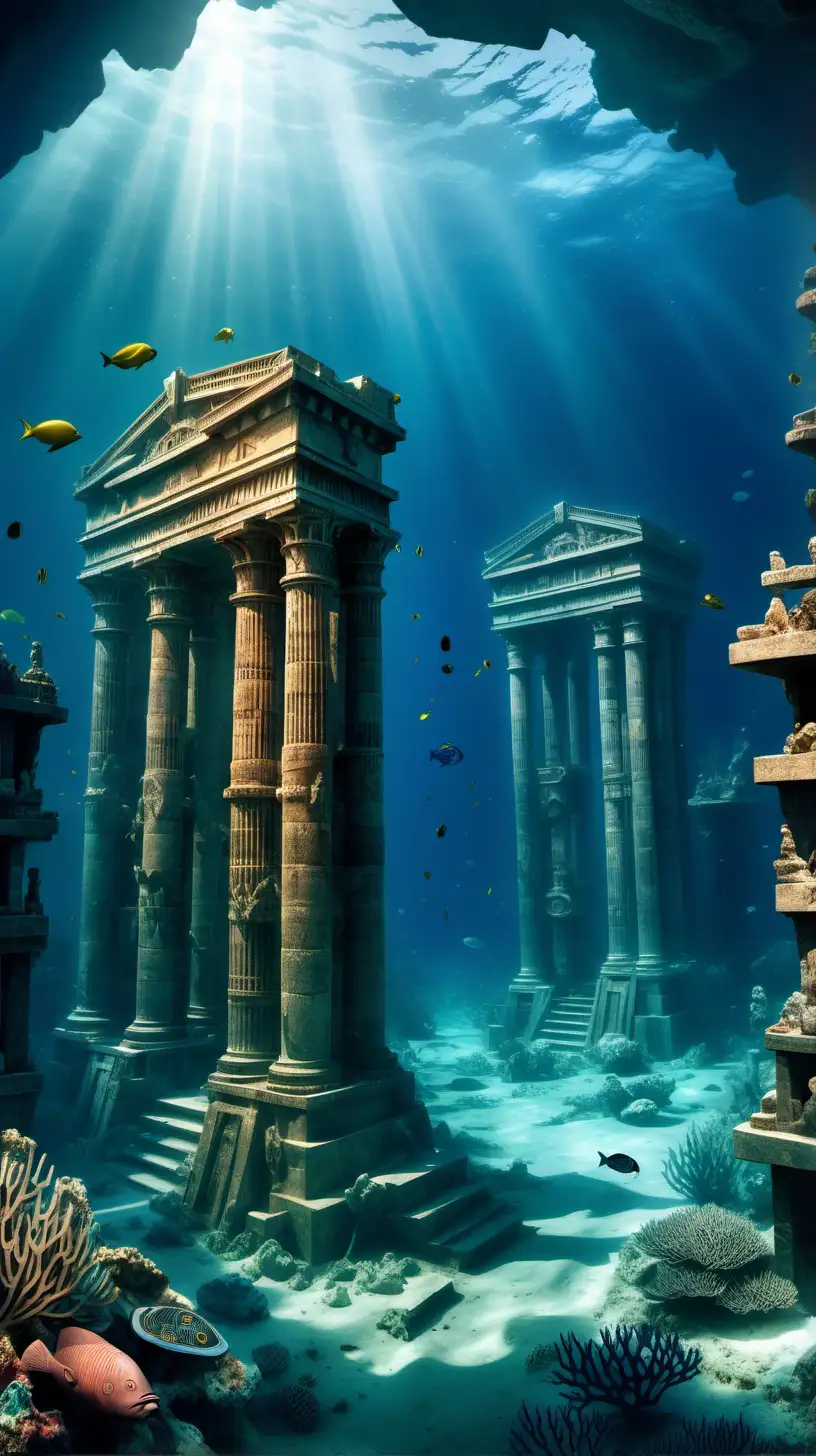The Enigmatic Atlantis: A Journey Through History and Myth
Related Articles: The Enigmatic Atlantis: A Journey Through History and Myth
Introduction
With great pleasure, we will explore the intriguing topic related to The Enigmatic Atlantis: A Journey Through History and Myth. Let’s weave interesting information and offer fresh perspectives to the readers.
Table of Content
- 1 Related Articles: The Enigmatic Atlantis: A Journey Through History and Myth
- 2 Introduction
- 3 The Enigmatic Atlantis: A Journey Through History and Myth
- 3.1 Atlantis in Ancient Texts: Plato’s Account and Beyond
- 3.2 The Quest for Atlantis: A Journey Through Theories and Evidence
- 3.3 Examining Key Theories: A Critical Analysis
- 3.4 The Significance of Atlantis: A Legacy of Exploration and Wonder
- 3.5 Frequently Asked Questions (FAQs)
- 3.6 Conclusion: The Enduring Mystery of Atlantis
- 4 Closure
The Enigmatic Atlantis: A Journey Through History and Myth

The lost city of Atlantis has captivated imaginations for centuries, its existence a tantalizing mystery woven into the fabric of human history and mythology. From Plato’s vivid descriptions to modern-day expeditions, the quest to uncover Atlantis’ true location has fueled countless theories and sparked fervent debates among historians, archaeologists, and enthusiasts alike.
This article delves into the historical context of Atlantis, explores the various theories surrounding its potential location, and analyzes the evidence that supports or refutes each hypothesis. By examining the intricate tapestry of myth and scientific inquiry, we aim to shed light on the enduring fascination with Atlantis and its elusive location.
Atlantis in Ancient Texts: Plato’s Account and Beyond
The earliest and most influential account of Atlantis originates from the writings of the Greek philosopher Plato. In his dialogues, "Timaeus" and "Critias," Plato describes Atlantis as a powerful maritime empire, advanced in technology and culture, which waged war against Athens around 9,000 years before his time. Ultimately, Atlantis succumbed to a catastrophic natural disaster, plunging the island and its civilization beneath the waves.
While Plato’s account is widely considered a fictional narrative, it has served as a cornerstone for countless interpretations and theories about Atlantis’ existence. It provides a detailed description of the city’s layout, its political structure, and its advanced technology, offering valuable clues for those seeking its location.
Beyond Plato, other ancient texts, including the writings of Herodotus, Diodorus Siculus, and Strabo, mention Atlantis or similar lost civilizations, further fueling the enduring intrigue surrounding its existence. These accounts, though often fragmented and subject to debate, contribute to the rich tapestry of historical and mythological references that have shaped the Atlantis narrative.
The Quest for Atlantis: A Journey Through Theories and Evidence
The allure of Atlantis has sparked numerous theories about its potential location, ranging from the shores of the Mediterranean Sea to the depths of the Atlantic Ocean. Each theory draws upon different sources of evidence, including:
- Geographical Clues: Plato’s description of Atlantis mentions its proximity to the Pillars of Hercules (the Strait of Gibraltar) and its location in the Atlantic Ocean. This has led researchers to focus on areas within the Atlantic basin, including the Azores, the Canary Islands, and the Madeira Archipelago.
- Geological Evidence: Some theories suggest that Atlantis may have been located in areas prone to volcanic activity or tectonic shifts, explaining its potential submergence. The Santorini caldera in the Aegean Sea, which experienced a devastating volcanic eruption around 1628 BC, has been proposed as a possible site for Atlantis, based on its resemblance to Plato’s description.
- Archaeological Discoveries: While no definitive evidence of Atlantis has been unearthed, various archaeological finds have been cited as potential supporting evidence. The submerged ruins off the coast of Cuba, for instance, have been attributed to a lost civilization, though their origin remains a subject of debate.
- Mythological Connections: The Atlantis narrative echoes themes found in other ancient myths and legends, suggesting a possible link to real historical events or cultural beliefs. The myth of Mu, a lost continent in the Pacific Ocean, shares striking similarities with the Atlantis story, hinting at a possible shared origin or inspiration.
Examining Key Theories: A Critical Analysis
- The Azores Theory: This theory, based on the island’s volcanic origins and proximity to the Strait of Gibraltar, posits that the Azores could have been Atlantis. However, the lack of substantial archaeological evidence and the island’s relatively recent volcanic formation raise doubts about this theory.
- The Canary Islands Theory: The Canary Islands, with their volcanic landscape and proximity to Africa, have been proposed as a possible site for Atlantis. The presence of ancient settlements and the discovery of artifacts suggest human presence in the region, but their connection to Atlantis remains speculative.
- The Mediterranean Theory: This theory focuses on the Mediterranean Sea, particularly the Aegean Sea, where the Santorini caldera is located. The volcanic eruption that destroyed the Minoan civilization on Santorini, along with the similarities between the eruption and Plato’s description of Atlantis’ destruction, have fueled this theory.
- The Antarctic Theory: This theory proposes that Atlantis may have been located in Antarctica, which was once located in a more temperate climate. The presence of ancient ruins and artifacts in Antarctica, though controversial, has been cited as supporting evidence.
Each theory carries its own merits and drawbacks, and no conclusive evidence has definitively confirmed the location of Atlantis. While the search for Atlantis continues, it is crucial to approach these theories with a critical eye, examining the available evidence and considering the limitations of historical interpretation.
The Significance of Atlantis: A Legacy of Exploration and Wonder
The quest for Atlantis transcends its historical and geographical significance. It embodies a profound human yearning to understand our past, to unravel the mysteries of ancient civilizations, and to explore the limits of human ingenuity. The enduring fascination with Atlantis reflects our fascination with the unknown, our desire to connect with the past, and our innate curiosity about the vast and enigmatic world we inhabit.
The search for Atlantis has inspired countless works of art, literature, and scientific exploration. It has fueled archaeological expeditions, spurred technological advancements, and fostered interdisciplinary collaborations. While the location of Atlantis may remain elusive, the journey to find it continues to enrich our understanding of history, mythology, and the human spirit.
Frequently Asked Questions (FAQs)
Q: Is there any evidence that Atlantis actually existed?
A: While there is no definitive archaeological or historical evidence to confirm Atlantis’ existence, the persistent presence of the myth across cultures and historical periods suggests a deeper significance. Plato’s detailed account, coupled with the recurring themes of lost civilizations in ancient texts, points to a potential cultural or historical basis for the Atlantis narrative. However, the lack of concrete evidence leaves the question of Atlantis’ existence open to interpretation.
Q: Why is the search for Atlantis so important?
A: The search for Atlantis is significant for several reasons. It reflects our inherent curiosity about the unknown, our desire to understand our past, and our fascination with lost civilizations. It has also spurred scientific advancements, archaeological explorations, and interdisciplinary collaborations. The quest for Atlantis, while not a guarantee of concrete results, fosters a spirit of exploration and discovery, enriching our understanding of history and the world around us.
Q: What are the challenges in finding Atlantis?
A: Finding Atlantis presents numerous challenges. The lack of definitive evidence, the vastness of the ocean, and the complexities of underwater exploration make it a daunting task. The interpretation of historical texts, the reliability of ancient accounts, and the potential for misinterpretations further complicate the search. Additionally, the possibility that Atlantis may have been destroyed beyond recognition or that its remnants lie deep beneath the ocean floor adds to the difficulty of locating it.
Q: What are the potential benefits of finding Atlantis?
A: Finding Atlantis could have profound implications for our understanding of history, archaeology, and human civilization. It could provide insights into the development of technology, social structures, and cultural practices of a lost civilization. The discovery of Atlantis could also lead to new scientific discoveries, technological advancements, and a deeper appreciation for the interconnectedness of human history.
Q: What are some tips for exploring the Atlantis mystery?
A: Exploring the Atlantis mystery requires a blend of historical research, critical thinking, and a healthy dose of skepticism.
- Engage with historical texts: Examine Plato’s writings, other ancient accounts, and modern interpretations of the Atlantis narrative.
- Explore scientific theories: Research geological evidence, archaeological discoveries, and the latest scientific advancements related to Atlantis.
- Consider diverse perspectives: Explore different theories about Atlantis’ location and the evidence supporting each one.
- Maintain a critical eye: Evaluate the reliability of sources, consider potential biases, and avoid drawing premature conclusions.
- Embrace the mystery: Recognize that the quest for Atlantis may never yield definitive answers, but the journey itself can be a valuable learning experience.
Conclusion: The Enduring Mystery of Atlantis
The search for Atlantis remains an ongoing journey, fueled by a combination of historical intrigue, scientific curiosity, and the enduring human fascination with the unknown. While the location of Atlantis may forever remain a mystery, the quest itself has yielded valuable insights into our history, our culture, and our insatiable desire to explore the world around us.
From Plato’s vivid descriptions to modern-day expeditions, the Atlantis narrative continues to inspire awe, wonder, and a relentless pursuit of knowledge. The enduring mystery of Atlantis serves as a testament to the enduring power of myth, the importance of exploration, and the boundless curiosity that drives us to unravel the mysteries of our past and our present.








Closure
Thus, we hope this article has provided valuable insights into The Enigmatic Atlantis: A Journey Through History and Myth. We hope you find this article informative and beneficial. See you in our next article!